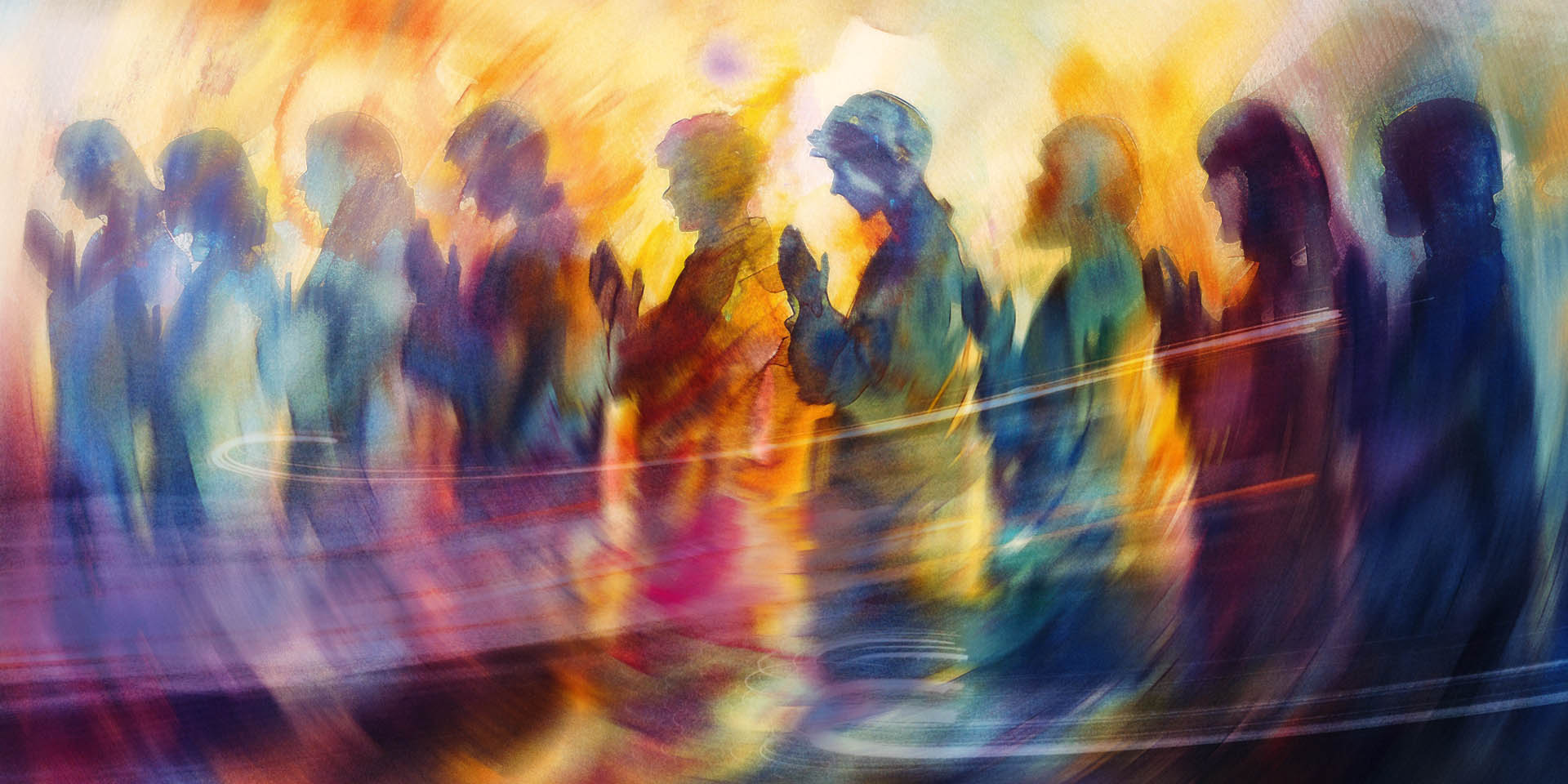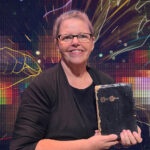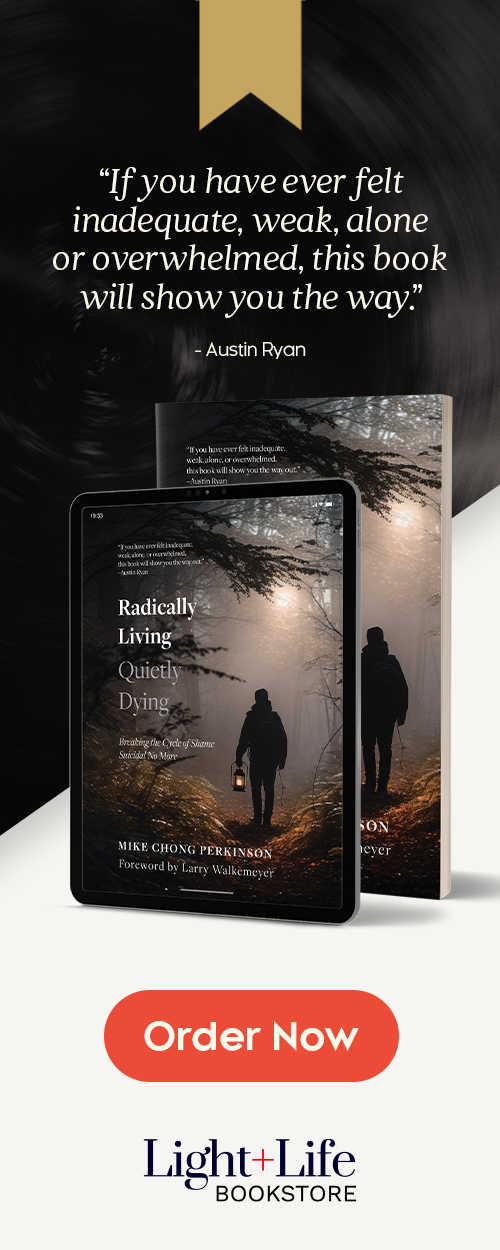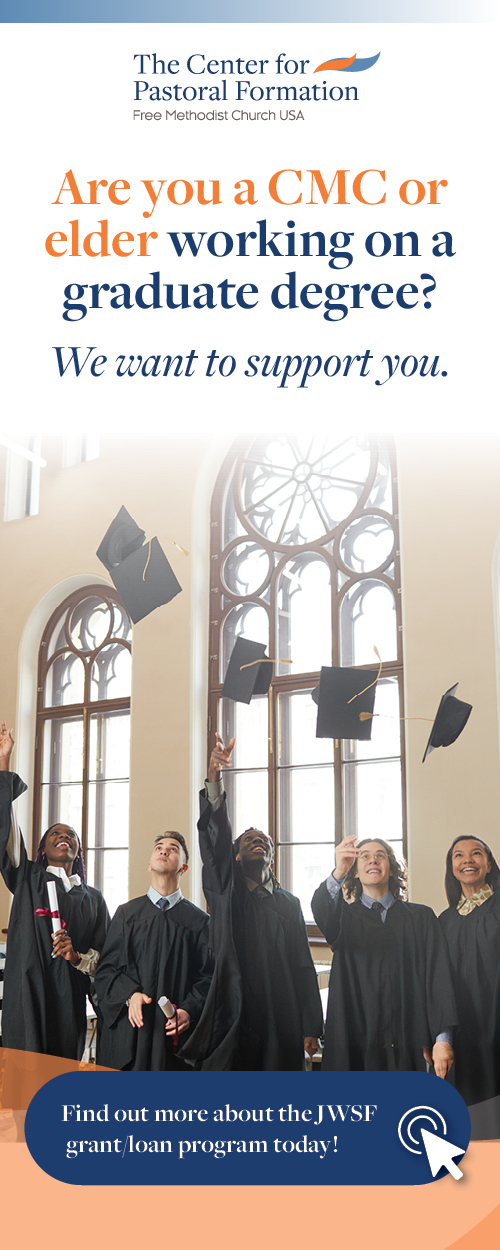By Bruce N. G. Cromwell
Think about the last time somebody wronged you, whether they acted violently with actions or with words, gossip, or contempt. If you’re like me, then too often your first impulse is to get even, or to be defensive. They say something about us; we want to say something in return.
But when we do this, when we respond with a corresponding act of injustice or harm, we simply perpetuate the violence. You hurt us; we hurt you back. This is the way governments often work, and sadly the cycle never stops — be it in big ways like between nations or in small ways like between partners in a marriage. Tit for tat.
As we draw near to Easter, I can’t help but think of Jesus and how when injustice came His way, when He was betrayed and then crucified, He did not retaliate. He took the pain, took the injustice, and He absorbed it — not because He was weak or passive, but because He understood that the greatest strength is found in the one who can absorb all the pain our world might bring and let it simply wash over them. In so doing, our Lord took the pain, violence, and evil out of circulation.
_
“Just as we can practice revenge, because of Easter, we also can practice resurrection.”
_
When we do this, when we choose not to use force but rather to forgive, we are choosing to bear the pain ourselves too. We are imitating Christ and saying as He did, “Forgive them, for they don’t know what they’re doing.” It’s not pretending that the wrong didn’t happen and just turning a blind eye and forgetting about it; rather forgiveness is about the long process of doing anything other than keeping the sin in circulation. When we do this, we come out on the other side a different person. We are a new creation. In many ways, we can say that we are resurrected.
Just as we can practice revenge, because of Easter, we also can practice resurrection. It’s why when we are forgiven we find it so moving, because we see how the other is absorbing our wrong and washing it away by the one power that is greater than all our sin, all our sickness, all our selfishness and fear. As Jesus showed us, it’s even greater than the grave. Love overcomes, love never fails, and love always has the last word.
Death Is Not the End
Yes, to experience resurrection means that we first must die. There is suffering. But it is not the end. Friday crucifixions end in Sunday resurrections, and they allow us to admit that our pain was awful, and our experience was unjust. Because of the resurrection, we can name it and not pretend it never happened but rather shake our fists at heaven and honestly acknowledge that sometimes we do not get what we deserve. The Easter story gives us permission to even find frustration with God and to cry, “Why have you forsaken me?”
It is freeing to be able to shout and scream against the pain, and it is healing — it is cathartic — because resurrection insists that whatever the very real death, doubt, and darkness may be, it is not the last word. When the doctor calls and the tests are not what we had hoped for, when the relationship that once was close now seems so very distant, when our hopes and dreams become worries and fears, resurrection says that we can name it, talk about it, and lament over it because it is not the final chapter in our story.
_
“What would it do if we began to see that light and hope and love are the foundation of everything?”
_
I’m constantly amazed at how many people, including many in our churches, carry the narrative that the world is dark and our future is bleak. There is a lack of optimism in the grace and goodness of God and God’s people, and when good things do happen, there is often a cynicism that complains, “That’s not real; that won’t last. Don’t get your hopes up.”
Easter and resurrection tell us all that love wins in the end. Indeed, it wins even now. What would it do to our ministries, to our lives, if we saw the difficult times as the exception to life rather than the rule? What would it do if we began to see that light and hope and love are the foundation of everything? What would it do if we refused to believe that death was the ultimate reality for everyone and everything with little glimpses of real life here and there and instead believed that God the Father, God the Son, and God the Holy Spirit are constantly pouring out love, hope, and grace to this world that is so dearly loved and was created as good?
Resurrection Continues
As we confess in the Apostles’ Creed, I believe in Jesus Christ, that He was crucified, dead, and buried, but that on the third day He rose from the grave, conquering death. I confess with all my heart that I believe in the resurrection, in part because I see how God has worked through His church through the centuries, but in even greater part because I know of no better story. I have seen how God has worked through the women and men who have been in the churches I’ve been blessed to serve, indeed, how God has worked in my own life and the life of those I love.
_
“It is not just about rescuing us from death, but is about giving us life.”
_
So, as we seek to live holy lives in this ever-changing world, may we all come to see that the tomb is empty, and that resurrection is not just about what God through Jesus did but what God through Jesus and the Holy Spirit continues to do in each of us. It is not just about rescuing us from death, but is about giving us life, an eternal life that begins not at physical death but rather at spiritual birth.
May we not respond to hurt with more hurt and pain, but rather transform it as resurrected people in such a way that new life is not only possible but is perceived by many. And may we all know that the resurrected Christ is with us every day. Because He lives! And nothing shall ever be the same.
+
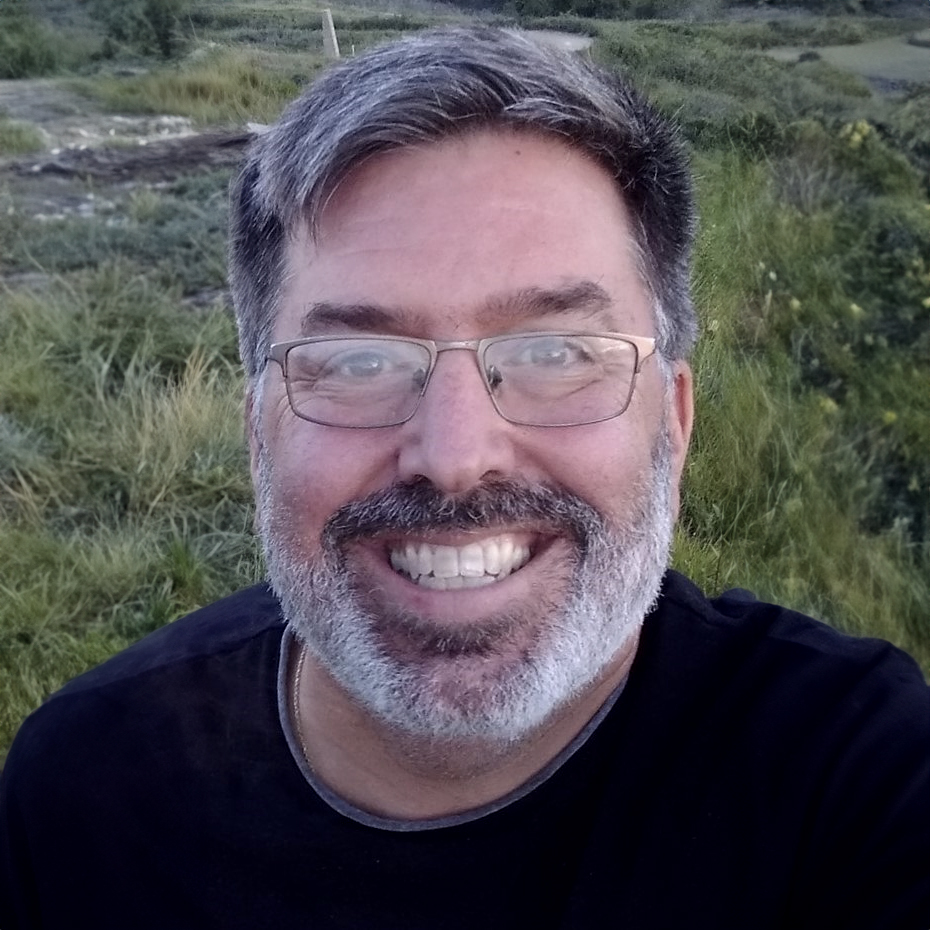
Bruce N. G. Cromwell, Ph.D., is the superintendent of the Central Region Conference, the author of “Loving From Where We Stand,” and a member of the Study Commission on Doctrine. He serves as the Protestant chair of the Catholic-Evangelical Dialogue, sponsored by the U.S. Council of Catholic Bishops. He is married to the Rev. Dr. Mindi Grieser Cromwell, the chair of the ministry and theology department at Central Christian College of Kansas. They have two sons, Levi and Bennet.


